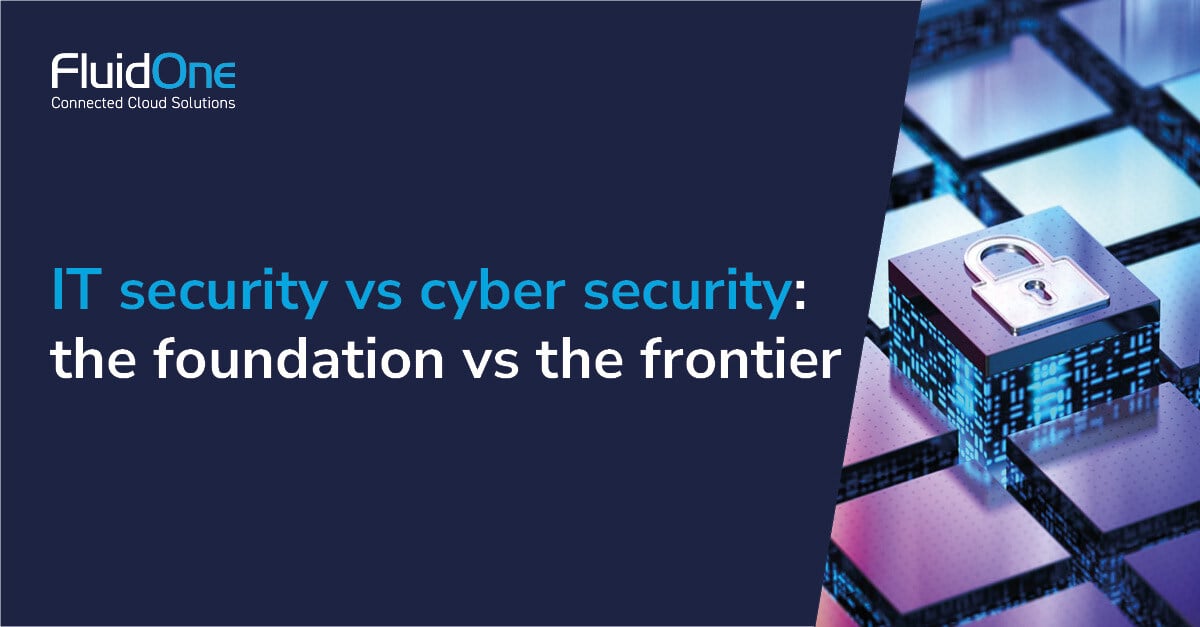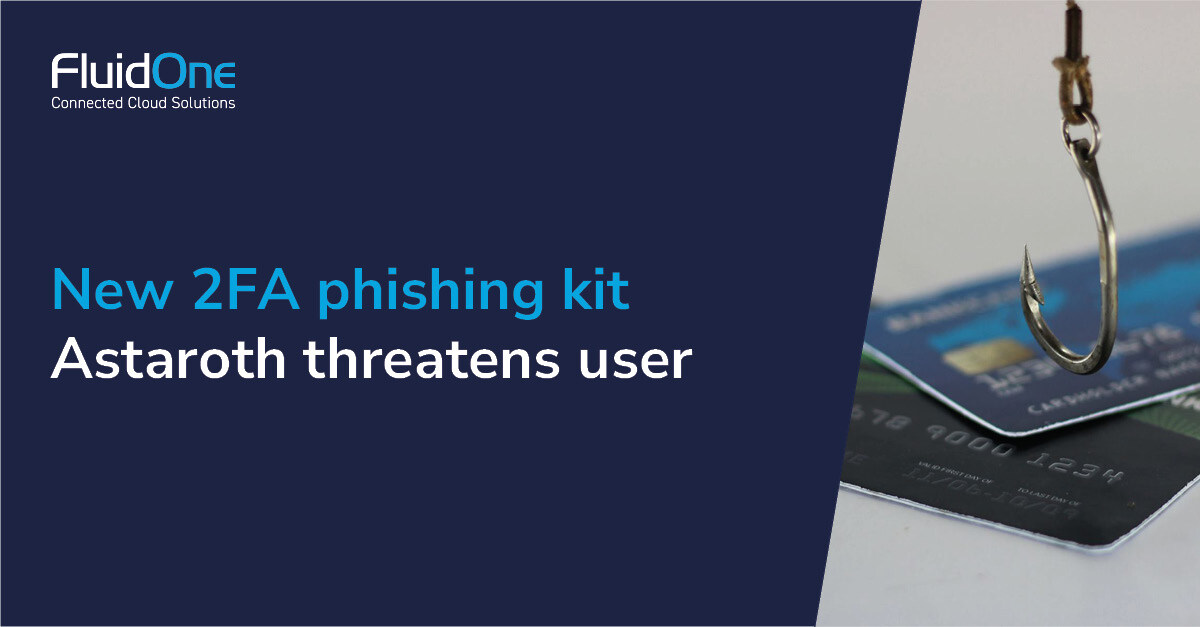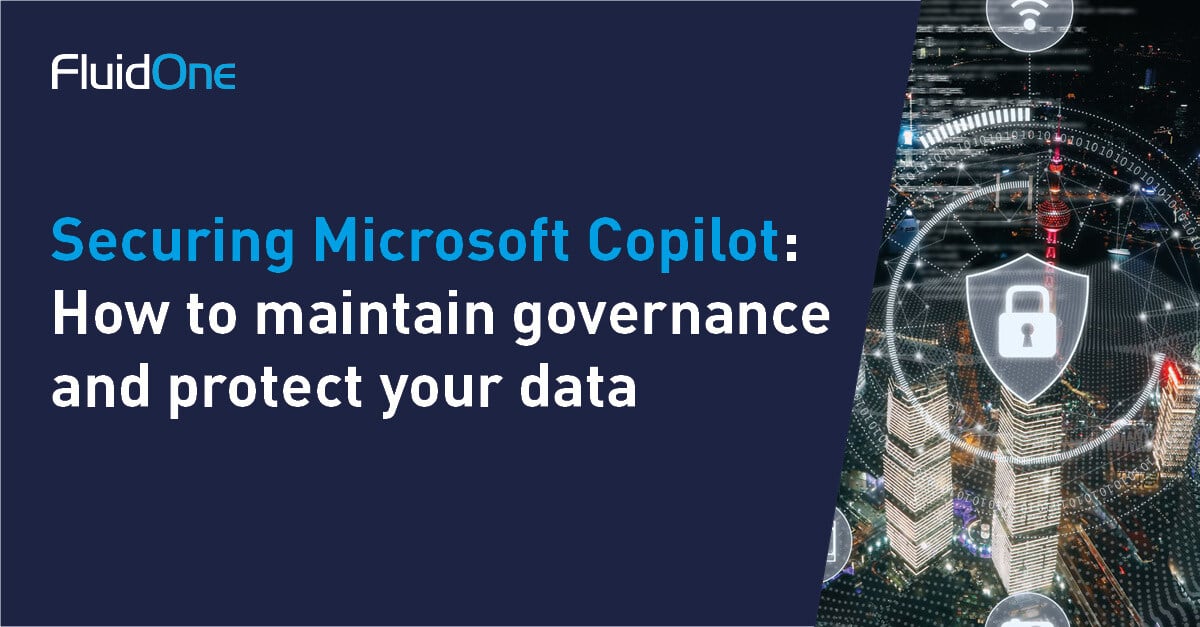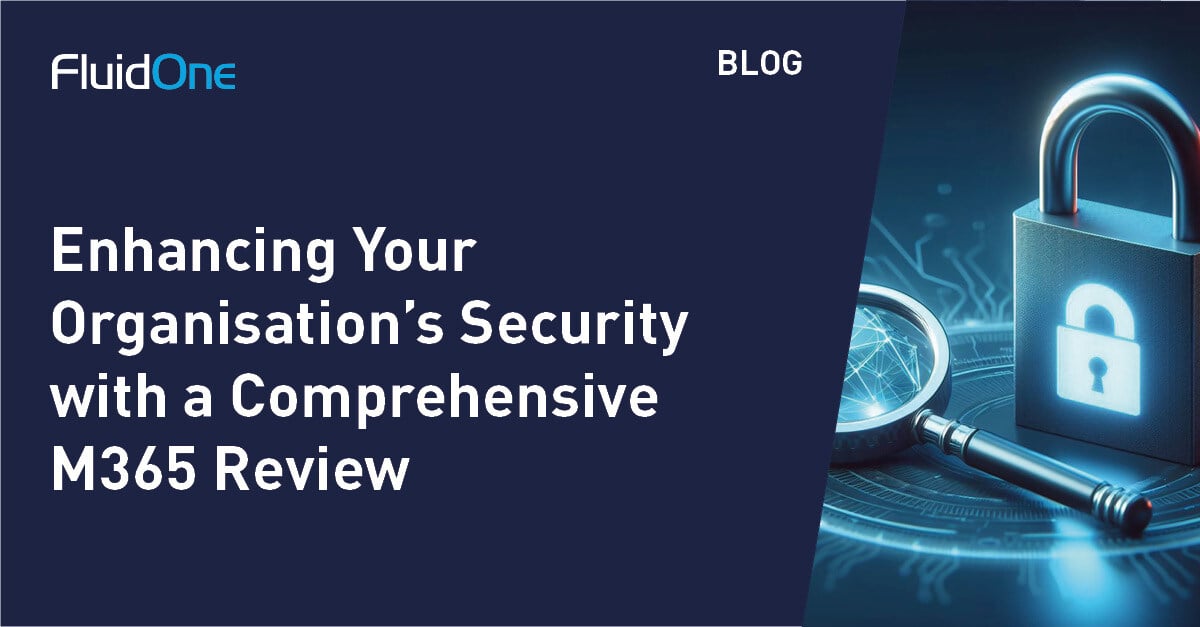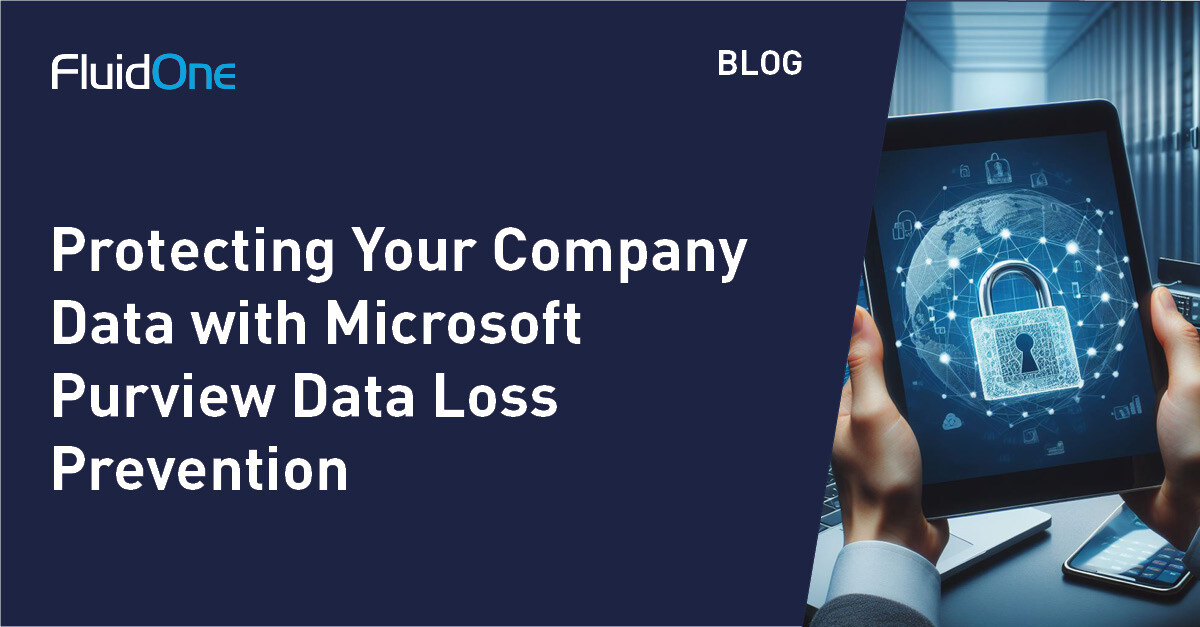In August 2024,FluidOne proudly welcomed Orca IT Ltd into the group, rebranding the business asFluidOne Chorley. Since then, the team has continued to thrive, delivering exceptional IT managed services to SME clients across Lancashire and specialising in the Professional Services market nationwide, while maintaining the same personal, people-first approach that has always made them stand out.
FluidOne Chorley: Local expertise with national backing
Topic

IT security vs cyber security: the foundation vs the frontier
Securing IT infrastructure is an essential part of modern-day business. But while IT security provides a crucial foundation for protecting systems, data, and networks, it’s not enough to stand alone in an era where cyber threats are becoming increasingly sophisticated. Here's why IT security should be viewed as just one piece of the puzzle, with cyber security stepping in to fill the critical...
Topic IT cyber security IT security

Off-the-shelf AI vs. Custom AI: How to choose the right fit for your business
As AI adoption accelerates across industries, organisations face an important decision: how should they incorporate off-the-shelf AI and custom AI into their business strategy? This article guides readers through the characteristics of the two, using real-world considerations such as cost, implementation speed, and data privacy.

New 2FA phishing kit Astaroth threatens user logins
The history of computing has been marked by an arms race between cyber criminals and security professionals, each seeking to outdo the other and gain a precious advantage – leading to constant innovations on both sides. With phishing kit Astaroth seeking to bypass the protection provided by two-factor authentication (2FA), this blog looks at exactly how the cyber threat works and how you can...
Topic IT IT security

The Windows operating system by Microsoft has gone through many iterations, with Windows 11 being the latest and Windows 12 not far around the corner. However, many people and organisations out there are still using Windows 10. They may have their reasons, such as familiarity, but with end-of-life fast approaching for the operating system, we will take a look about what the change means and what...

Securing Microsoft Copilot: How to maintain governance and protect your data
In the short time since it entered general availability in 2024, Microsoft Copilot has had a profound impact on business IT. But while Copilot and other AI assistants can offer huge productivity gains, they do require in-depth strategic planning, proactive management, and effective end user enablement to maximise gains while reducing risks to data protection and governance.

Enhancing Your Organisation's Security with a Comprehensive M365 Review
Ensuring the security of an organisation's data and systems has always been vital, but increasingly so nowadays with digital technology providing as many threats as opportunities. Microsoft 365 (M365) offers a robust suite of tools designed to enhance productivity and collaboration, but without regular security reviews, your organisation could be vulnerable to various threats. Here, we explore...

The Data-driven Advantage that can Transform your Customer Experience
Customer experience has become the defining factor in business success. As trailblazing organisations deliver better customer experiences, the baseline expectations for all businesses rise – and those who fall behind risk losing their customers. In order to meet the new bar and excel in the future, it’s critical to elevate your customer experience through continual digital transformation.
Topic customer service data IT

Protecting Your Company Data with Microsoft Purview Data Loss Prevention
There is more data being generated and shared today than ever before, meaning that protecting sensitive company data is more critical now than at any point in history. Businesses face significant risks if this information falls into the wrong hands, and Microsoft Purview Data Loss Prevention (DLP) offers a robust solution to help safeguard sensitive data and ensure compliance with regulatory...
Topic Microsoft IT Microsoft Purview

Get Cloud Adoption right in 2025 with a Strategic Roadmap
As we move through the first quarter of the new year, we’re in a critical juncture for businesses to start putting their 2025 IT strategy into action. Amongst a range of priorities from cyber security to AI adoption, cloud migration remains a consistent feature on countless to-do lists. But the challenge comes in transitioning cloud projects from idea to implementation.


